
From Water Scarcity to Conflict or Cooperation
Although it can be a factor that exacerbates conflict, water scarcity in transboundary river basins can also provide incentives and opportunities for greater cooperation between countries.
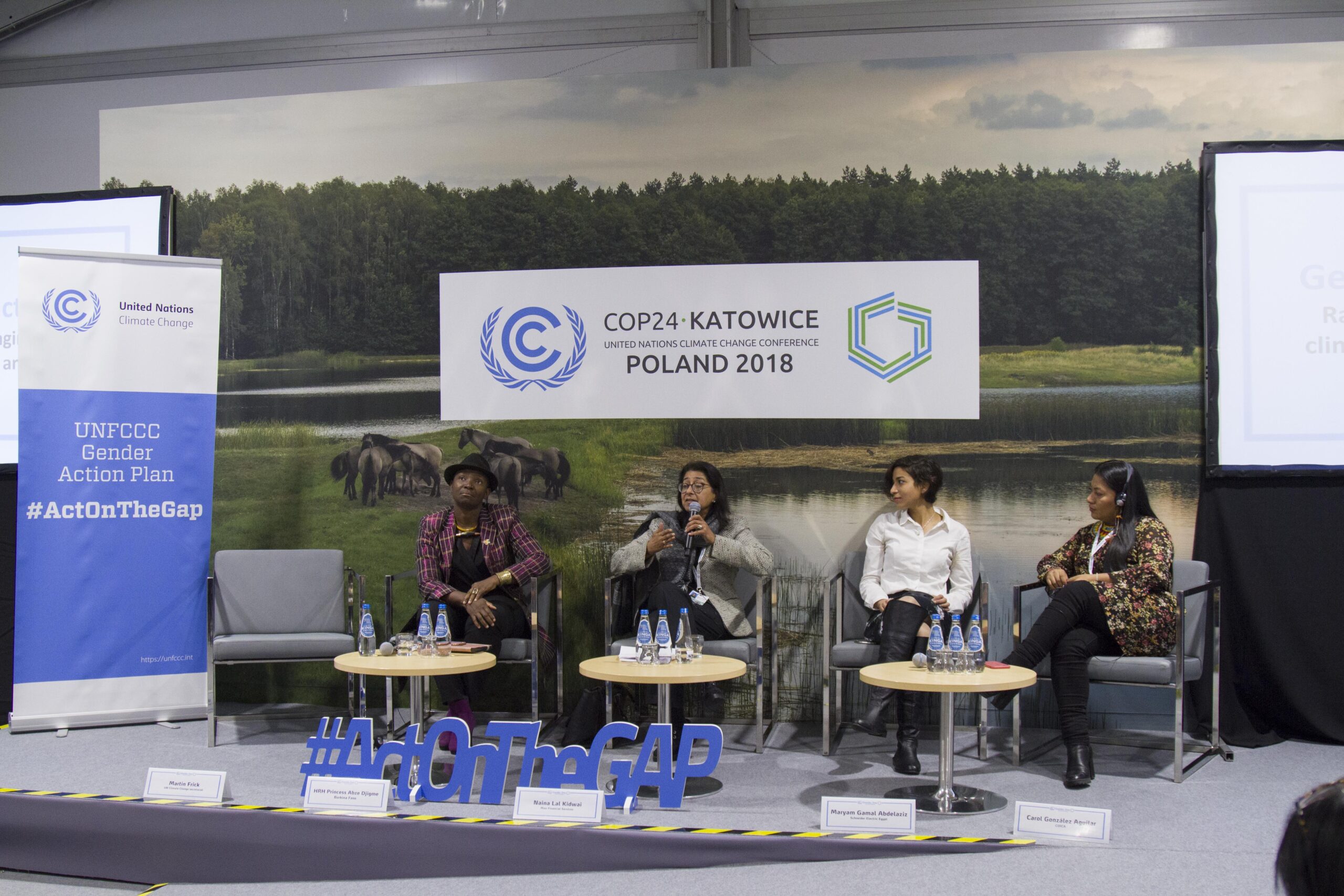
Considering Links Between Gender, Climate Change, and Conflict
Gender—along with other social identities—positions women and men in particular ways in relation to power and influences both how vulnerable or adaptive they are to environmental change and how they experience violent conflict and its transformation.
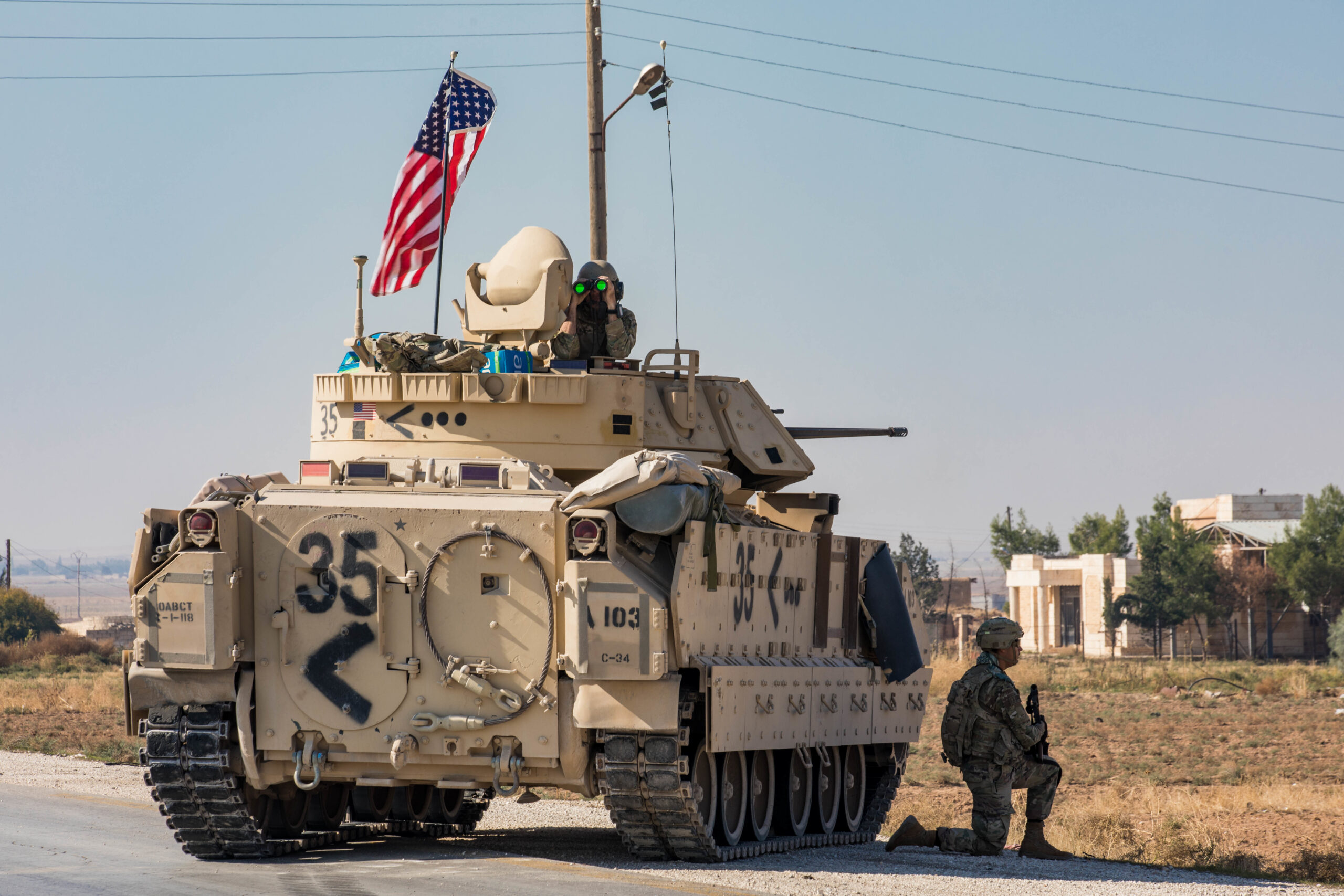
Recent Terror Attack in Syria Associated With U.S. Troop Presence
Foreign military presence increases the likelihood of terror attacks, especially suicide bombings like this week’s attack against U.S. troops in Syria.
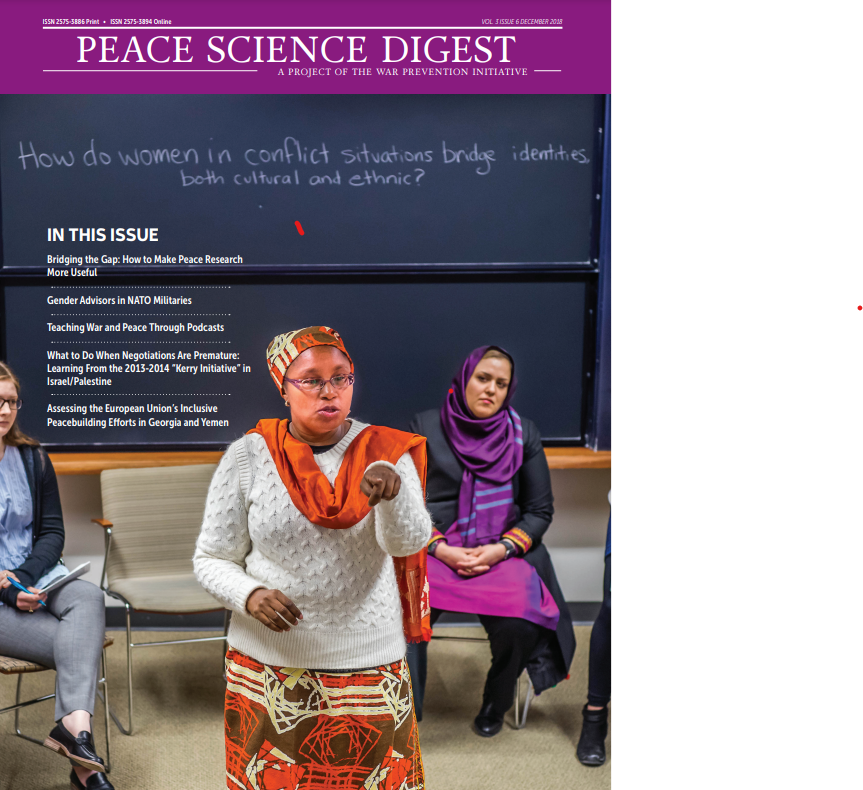
Volume 3, Issue 6
Inside this issue, we start with an article that addresses the rationale for the existence of the Digest: the growing communication gap between practitioner and academic communities, and how addressing this gap can lead to more informed and useful research. Next, we look at research on Gender Advisors in militaries and their role in the United Nations’ Women, Peace and Security (WPS) agenda. The third analysis gives us a look into a new course that uses podcasts to help teach complex topics on peace and war, and how emerging technologies can be a useful tool in peace education. We then turn to a case study analysis on the 2013/14 “Kerry Initiative” in Palestine and Israel, exploring the important and delicate role of third parties during conflict negotiation processes. The last analysis addresses the European Union’s efforts to incorporate inclusive peacebuilding projects in Georgia and Yemen and highlights the important “Whole-of-Society” approach that works to include marginalized communities into the peacebuilding process.
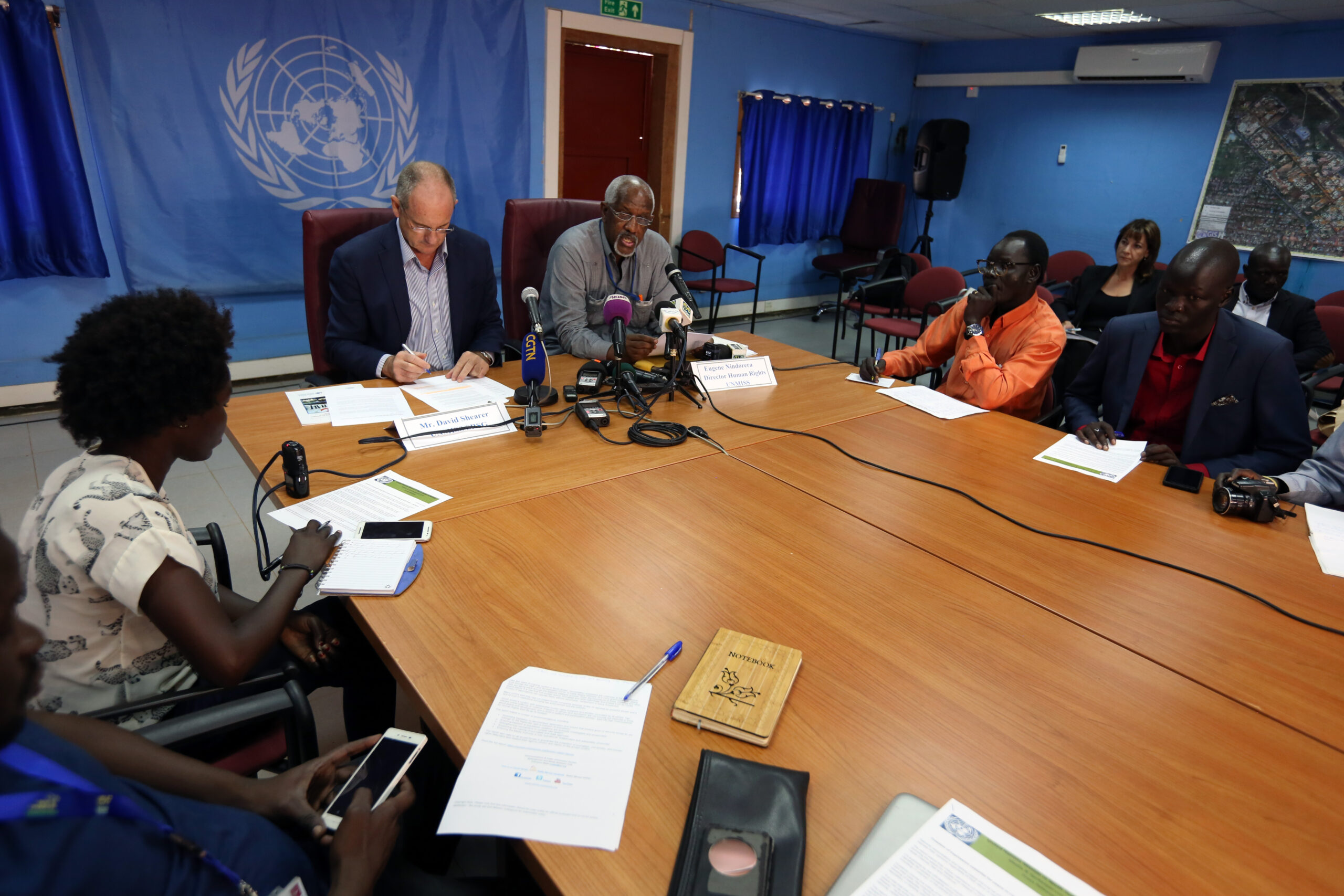
Breach in Ceasefire Threatens Peace in South Sudan
Now in its 5th year, the conflict in South Sudan has claimed tens of thousands of lives, displaced more than four million, and is one of the main causes of hunger in the country.

Assessing the European Union’s Inclusive Peacebuilding Efforts in Georgia and Yemen
Peacebuilding actors who wish to promote inclusive peace processes must contend with the tension between the legitimacy and sustainability benefits of inclusivity, on one hand, and the challenges inclusivity poses for reaching any settlement at all, on the other.

What to Do When Negotiations Are Premature: Learning From the 2013-2014 “Kerry Initiative” in Israel/Palestine
The Israeli/Palestinian peace process facilitated by U.S. Secretary of State John Kerry in 2013-2014 failed for various reasons.

Teaching War and Peace Through Podcasts
Developing podcasts helps students humanize the study of war and peace, as they contend with the concrete ways in which conflicts manifest themselves in the lives of real human beings.
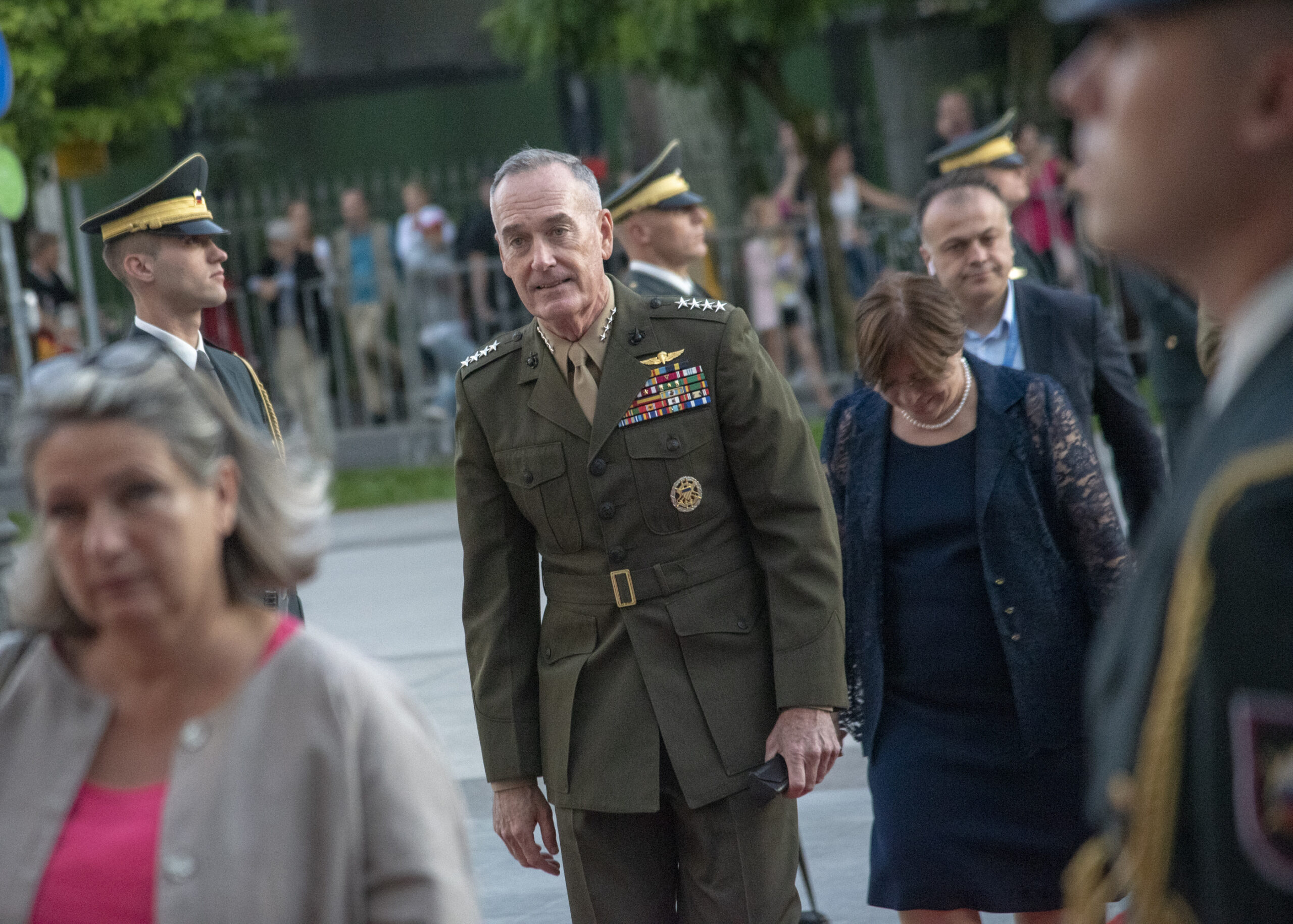
Gender Advisors in NATO Militaries
Assuming they have adequate resources, gender advisors can achieve incremental success in integrating the Women, Peace and Security agenda into the institutional structure of the military.
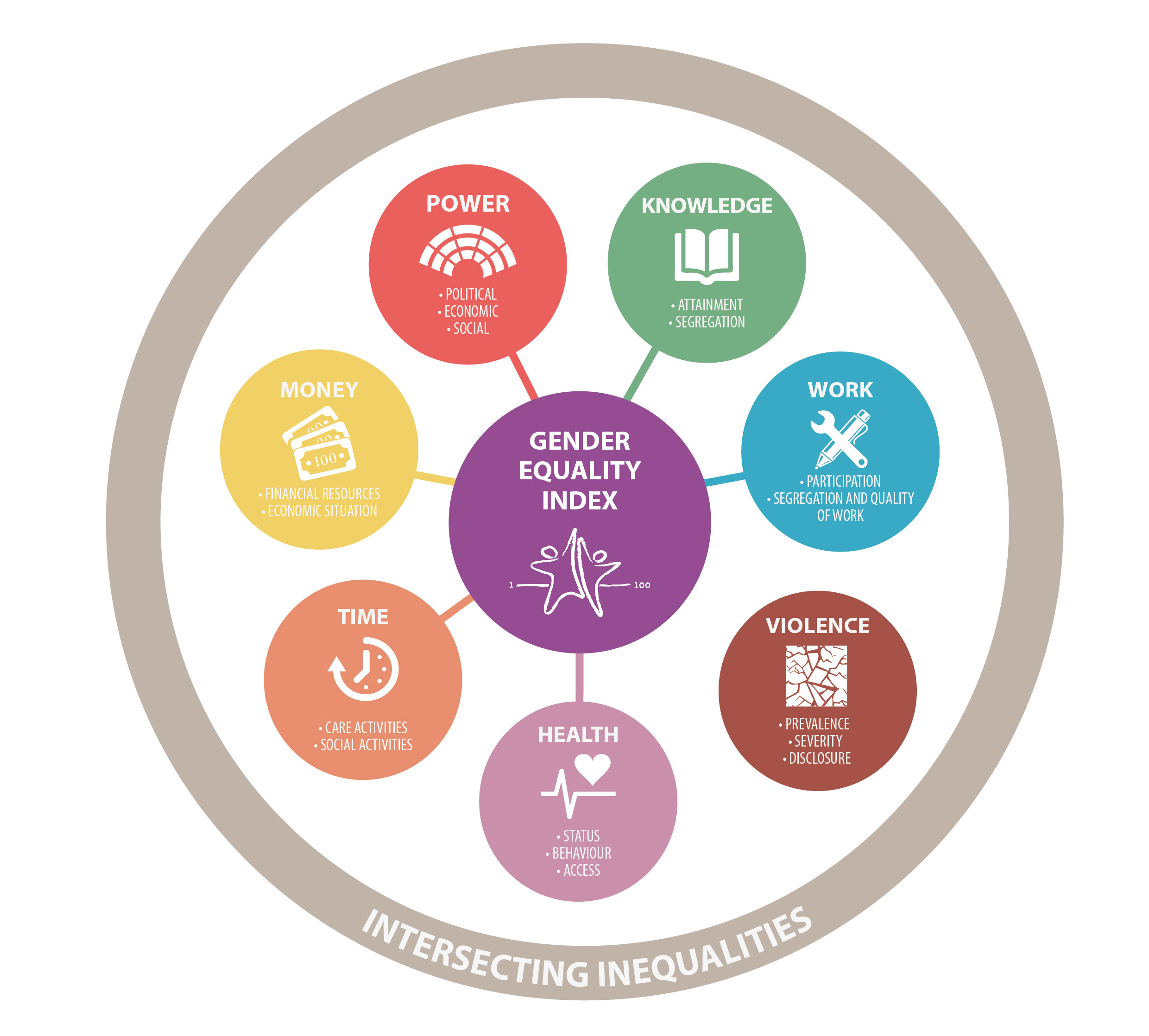
Gender Equality Isn’t A “Women’s Issue”
Gender equality is everyone’s battle and it is critical that men understand that this includes them. Gender inequality has profound consequences for all of humanity–there is no area where this is more clear than in matters of peace and security.
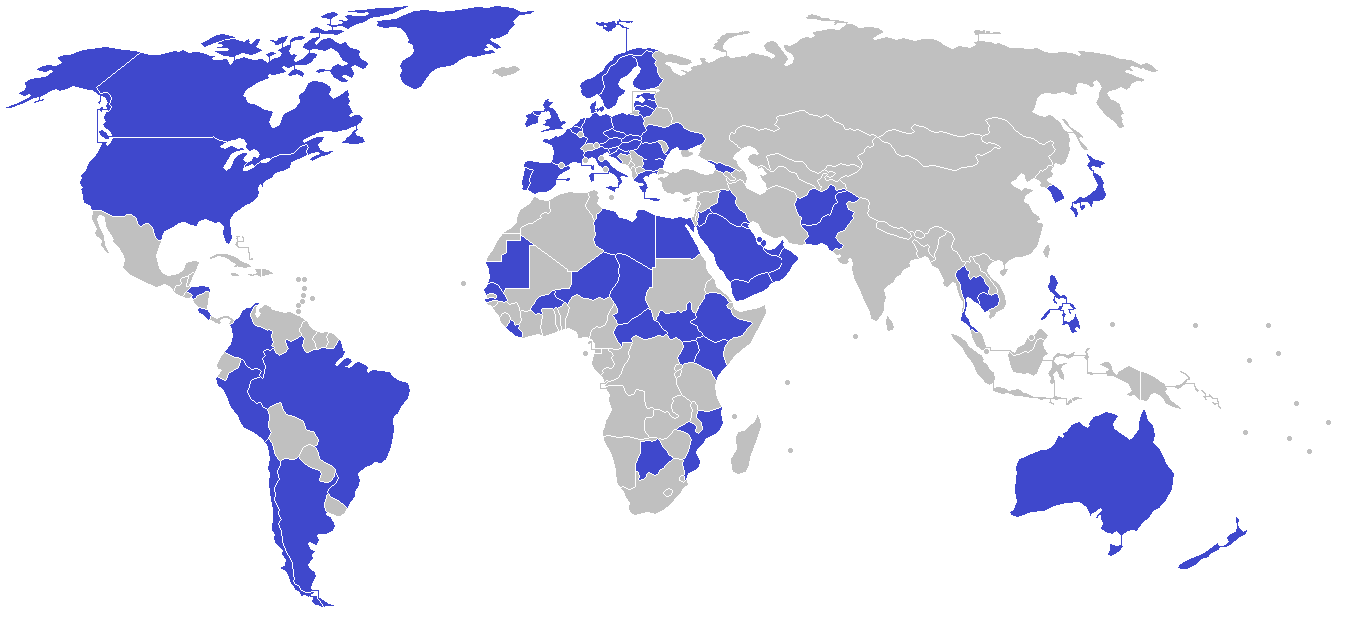
Military Analysts Argue to Close U.S. Bases Abroad
A bipartisan group of top military analysts has written to Congress and the Trump administration calling for the closure of U.S. military bases overseas, claiming the move would be an important step toward making the U.S. and the world more secure.
